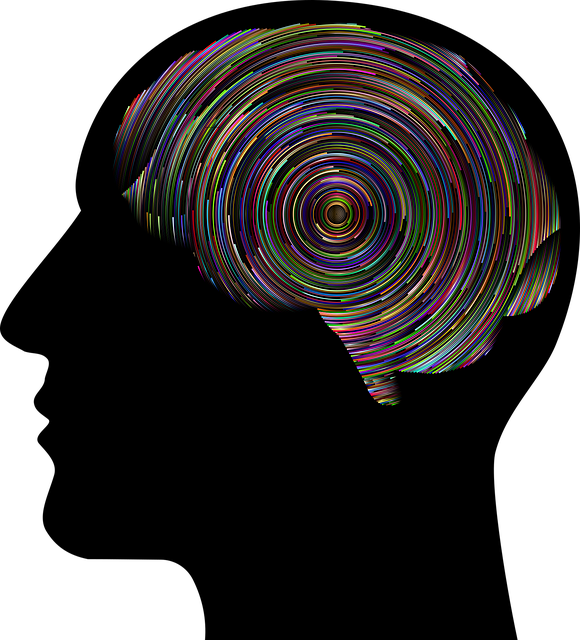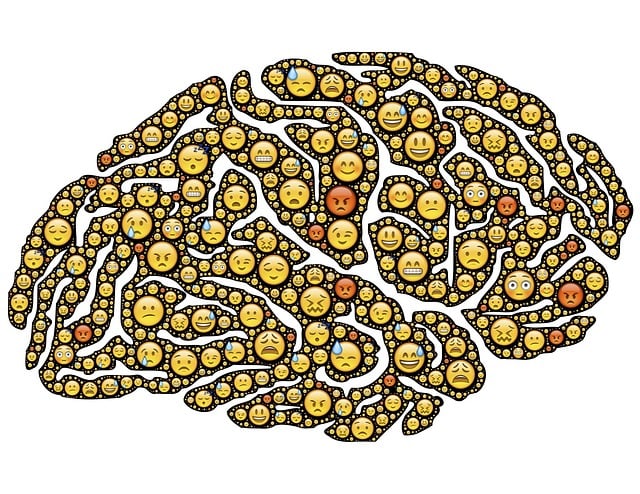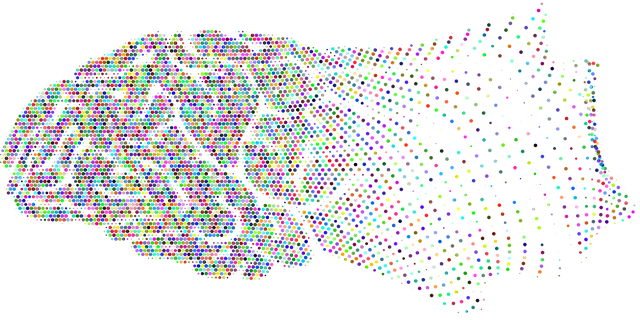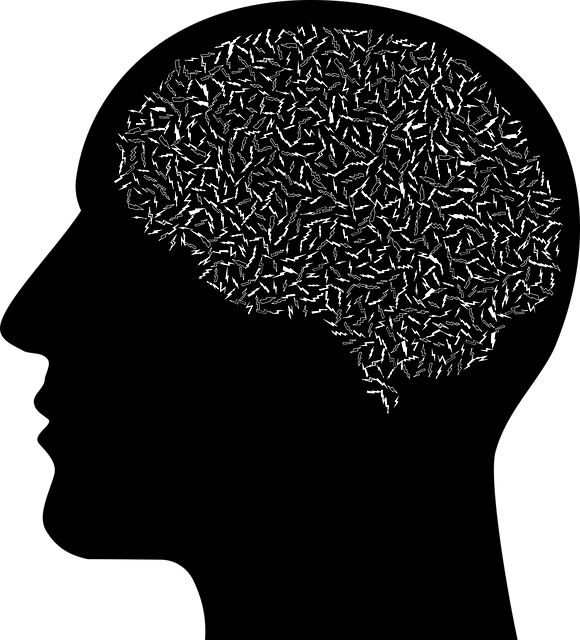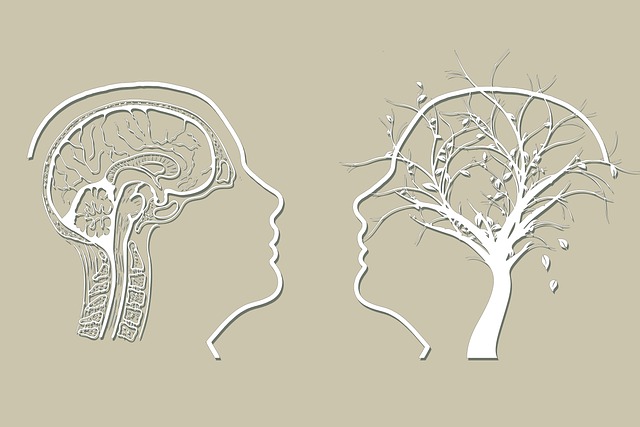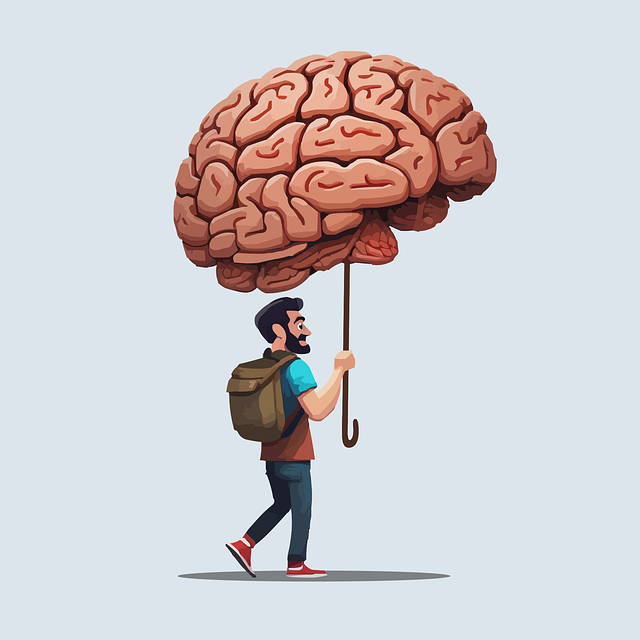Mental health challenges among young adults speaking Mandarin Chinese face cultural and linguistic barriers, hindering access to therapy, especially for first-generation immigrants and those from stigmatized backgrounds. To address this gap, crisis intervention guidance, public awareness campaigns, and culturally sensitive self-care routines are crucial. Therapy apps offer a promising solution by providing accessible, convenient, and cost-effective alternatives, catering to diverse needs like depression prevention and social skills training. A successful app for this demographic should offer personalized experiences with interactive tools, real-time support from professionals, intuitive design, and progress tracking. By combining these elements, the app can effectively promote mental wellness while considering cultural nuances and accessibility.
“In today’s fast-paced world, mental wellness is a paramount concern, especially among young adults speaking Mandarin Chinese. With increasing screen time and heightened digital engagement, therapy apps offer a convenient and accessible solution for this demographic. This article explores the growing market need for therapy apps tailored to young adults’ unique challenges, delving into key features, cultural sensitivity, and development considerations. By understanding the specific needs of this group, we can foster effective mental health support through innovative app development.”
- Understanding Mental Health Challenges Among Young Adults Speaking Mandarin Chinese
- Market Need and Opportunities for Therapy Apps in This Demographic
- Key Features and Functionality of an Effective Therapy App
- Development Process and Considerations for Cultural Sensitivity and Accessibility
Understanding Mental Health Challenges Among Young Adults Speaking Mandarin Chinese

Mental health challenges among young adults speaking Mandarin Chinese have gained significant attention due to the unique cultural and linguistic barriers they face in accessing appropriate therapy. Many first-generation immigrants or those born in countries where mental health discussions are stigmatized may struggle to find culturally sensitive support tailored to their specific needs. This is especially crucial for a generation that has grown up with diverse perspectives, often balancing traditional values and modern Western influences.
The lack of accessible resources and professionals who understand Mandarin Chinese can create a significant gap in care. Crisis intervention guidance tailored to this demographic, along with public awareness campaigns, can be instrumental in breaking down these barriers. Developing self-care routines that incorporate cultural practices and traditions may also offer an effective strategy for promoting mental wellness. By addressing these challenges head-on, we can ensure better outcomes for young adults who require therapy, fostering a more inclusive and supportive environment for those seeking help.
Market Need and Opportunities for Therapy Apps in This Demographic

In today’s fast-paced world, maintaining mental wellness is a significant challenge, especially for young adults in the Mandarin Chinese speaking demographic. The demand for accessible and affordable therapy options has never been higher, as issues like depression prevention and social skills training become increasingly prevalent among this age group. Therapy apps offer a promising solution, providing an on-demand, convenient, and often more affordable alternative to traditional therapy services.
These apps cater to a diverse range of needs, from self-care routine development for better mental health to targeted interventions for specific issues. With the right app, young adults can access evidence-based practices, engage in personalized exercises, and connect with peers or professionals all while maintaining their privacy and flexibility. The opportunity is immense, given the growing acceptance of digital health solutions, particularly among younger generations who are tech-savvy and comfortable with mobile applications.
Key Features and Functionality of an Effective Therapy App

在开发针对Mandarin中文说话的年轻成年人的心理健康应用时,关键特性和功能应该着重于提供个性化和易于使用的体验。这些应用应具备多种互动元素,如每日情绪追踪、冥想练习和认知行为疗法(CBT)技巧,以帮助用户管理焦虑和提升整体心理健康意识。通过整合实时聊天或视频咨询功能,应用程序可以连接专业的心理健康教练或治疗师,为用户提供即时支持和个性化指导。
此外,有效的疗法应用应设计直观的界面和清晰的导航,确保用户能够轻松访问不同的功能模块。它还应该包括进度追踪系统,让用户看到他们的成长和改进。通过结合这些关键特性,应用程序不仅能为年轻成人提供实用的心理健康意识工具,还能在焦虑缓解和心理健康教练项目发展方面发挥积极作用。
Development Process and Considerations for Cultural Sensitivity and Accessibility

The development of a mental wellness app aimed at young adults, particularly those who speak Mandarin Chinese, requires a thoughtful and inclusive approach. The initial stages involve extensive research to understand the unique challenges and preferences within this demographic. This includes gathering insights on cultural beliefs surrounding mental health, preferred communication styles, and existing support systems. Incorporating user-centric design principles is essential, ensuring the app’s interface and content resonate with the target audience.
Cultural sensitivity is a key consideration during development. The app should offer tailored therapy and emotional healing processes that align with diverse cultural perspectives. This might involve integrating traditional practices or addressing specific concerns relevant to Mandarin-speaking communities. For instance, providing resources for conflict resolution techniques suitable for intergenerational family dynamics can be valuable. Accessibility is another critical aspect; the app must be designed with usability in mind, catering to users with varying levels of digital literacy and ensuring compatibility with assistive technologies.
The development of mental wellness apps tailored for young adults speaking Mandarin Chinese addresses a pressing need in the current digital landscape. By incorporating key features such as personalized therapy sessions, cultural sensitivity, and accessible design, these apps have the potential to revolutionize mental health support. As we move forward, developers must prioritize user experience and cultural relevance to create effective tools that empower this demographic to take control of their mental wellness. Targeting specific challenges faced by young adults in China, these apps can serve as powerful resources, ensuring better access to therapy for a diverse and growing user base.

